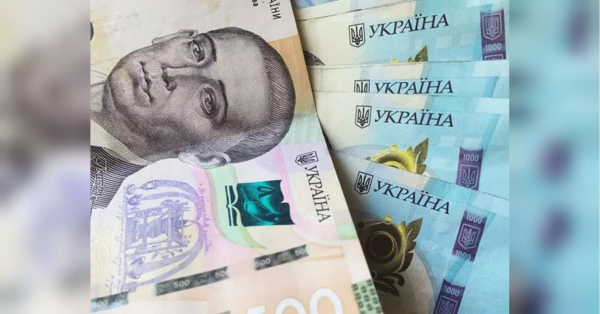
ZAMBOANGA, Philippines — Philippine forces searched Monday for a former town vice mayor whose armed followers helped him resist arrest, triggering a gunbattle that left four people dead and displaced thousands of villagers in the south, officials said.
Police backed by army troops attempted Saturday to serve Pando Mudjasan with arrest warrants over alleged killings and search his home for suspected illegal firearms and explosives in Maimbung town in southern Sulu province. He and his men, however, opened fire at the law enforcers, sparking clashes that dragged on for a day, police and military officials said.
A police commando was killed and 11 other law enforcers, including a solder, were wounded. Three of Pando's men were killed but he escaped with a gunshot wound, police and the military said.
The fighting forced more than 5,000 residents of Maimbung to flee to safety. The army deployed more soldiers to search for Pando and more than 20 armed followers on Monday, officials said.
"We've sealed some areas to prevent sympathizers from gaining entry,” army Brig. Gen. Eugenio Boquio told reporters, without elaborating.
"We in the police and military will enforce the law. We will not cower or avoid anybody because the law always has to prevail,” national police spokesperson Brig. Gen. Redrico Maranan said.
In addition to being a former vice mayor of Maimbung, Pondo is also a commander of the Moro National Liberation Front in Sulu province, but the Muslim insurgent group, which signed a 1996 peace pact with the government, has not condoned his criminal actions, Boquio said.
The 1996 peace pact halted decades of fighting between government forces and the Muslim secessionist rebels but did not call for the disarming of the insurgents, who returned to their villages in Sulu and outlying islands to try to live normal lives but kept their firearms.
A rebel faction, the Moro Islamic Liberation Front, continued to fight the government after 1996 and then separately forged a 2014 peace pact that further eased clashes in the south, the homeland of minority Muslims in the largely Roman Catholic country.
However, a large number of private armies, unlicensed firearms, spotty law enforcement in remote communities and the continued existence of smaller armed Muslim groups such as the brutal Abu Sayyaf have allowed violence to flare at times.
Sourse: abcnews.go.com






